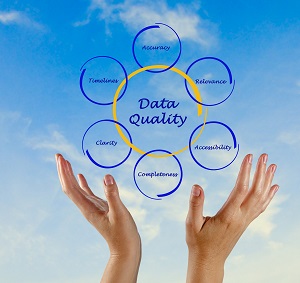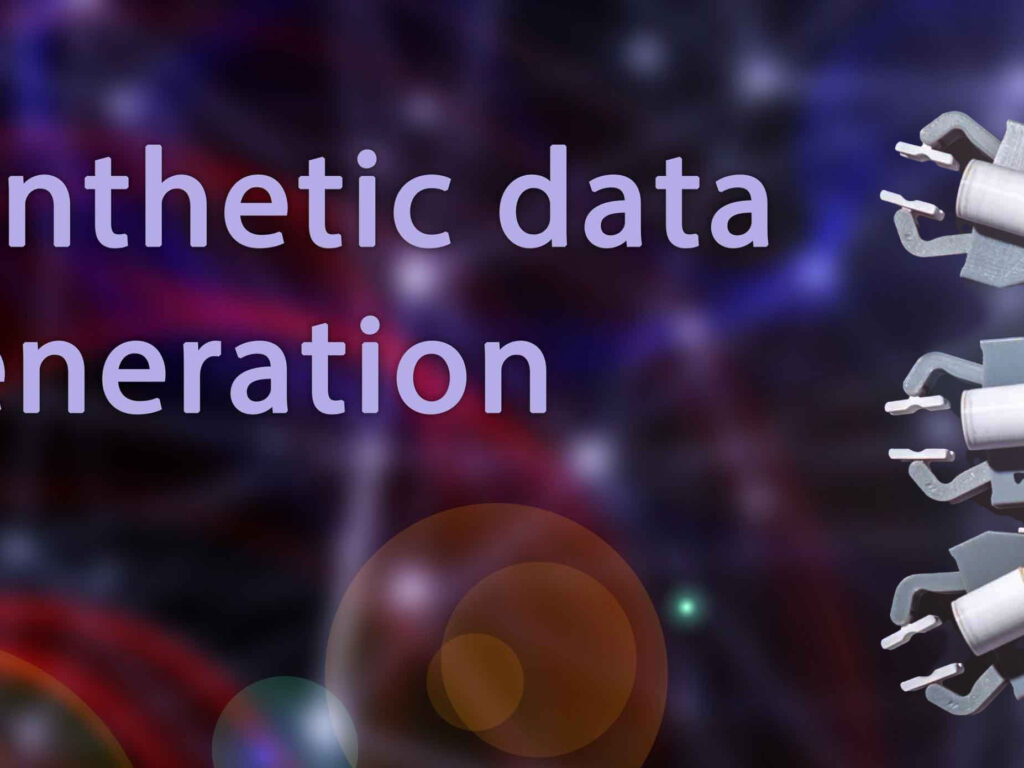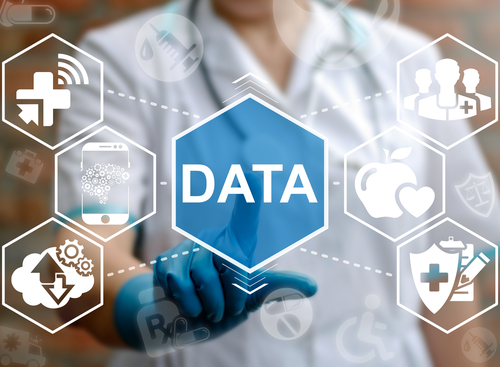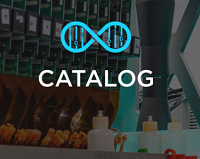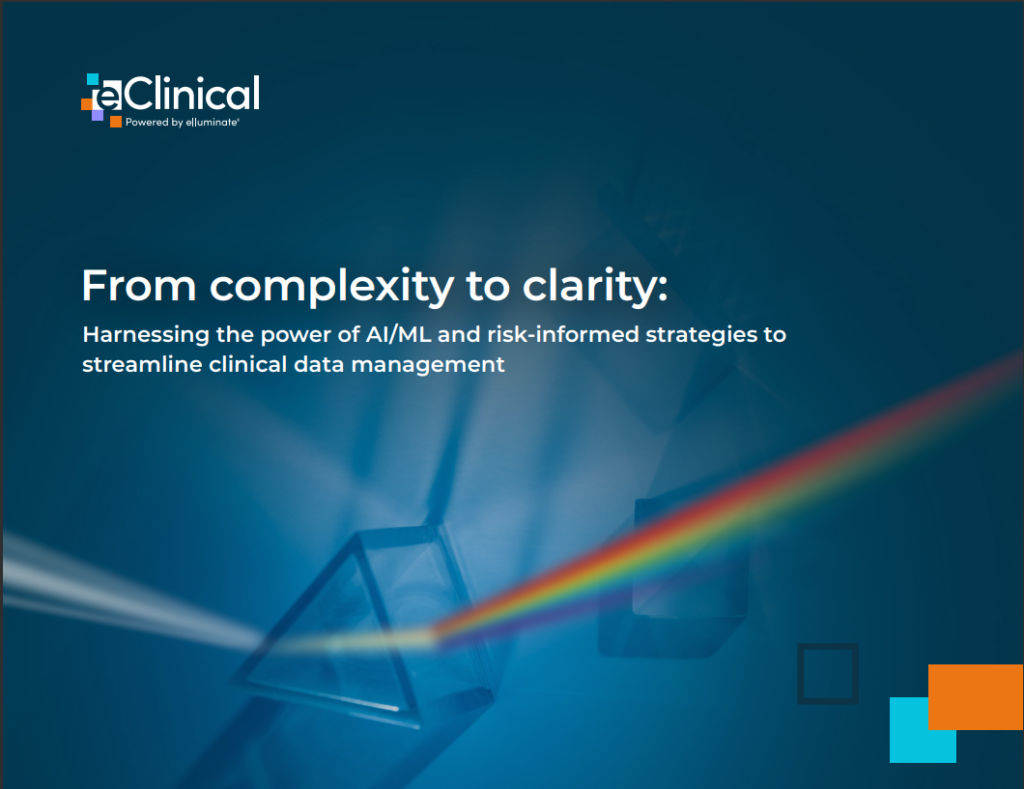Jason Smith, Chief Technology Officer, AI & Analytics at Within3, highlights how many life science data sets contain unclean, unstructured, or highly-regulated data that reduces the effectiveness of AI models. Life science companies must first clean and harmonize their data for effective AI adoption.
The Problem with ‘Dirty Data’ — How Data Quality Can Impact Life Science AI Adoption
How NLP Can Provide Deeper, Actionable Data Insights for All Healthcare Stakeholders
In this contributed article, Anoop Sarkar, PhD, Chief Technology Officer, emtelligent, discusses how providing clinicians with the most accurate and relevant information about a patient at the point of care requires a collaboration between AI-powered medical NLP and clinicians with deep medical knowledge. These collaborations will fulfill the promise of medical NLP.
How Synthetic Data can be Created and Utilized for a Wide Range of Use Cases in Healthcare
In this contributed article, Jonah Leshin, Head of Privacy Research at Datavant, discusses how we have seen a rapid increase in the digitization and standardization of health data. With this groundwork laid, more recently, there have been concerted efforts to connect siloed health data sources in support of more impactful use cases. Synthetic data serves as a powerful complementary tool for the analyses that these use cases require, bringing us closer to maximizing data utility within the healthcare ecosystem.
The Importance of Data Quality in Benefits
In this contributed article, Peter Nagel, VP of Engineering at Noyo, addresses the benefits/insurance industry’s roadblocks and opportunities — and why some of the most interesting data innovations will soon be happening in benefits.
How Machine Learning is Cleaning Up Medical Records
In this contributed article, Dr. Oleg Bess, practicing physician and CEO of 4medica, discusses how machine learning is doing great things in medicine, including improving medical diagnosis and drug manufacturing. It’s also improving healthcare in another way that doesn’t earn headlines but is at the core of care delivery: eliminating duplicate patient records, and providing high-quality data for patients and providers.
AI from a Psychologist’s Point of View
Researchers at the Max Planck Institute for Biological Cybernetics in Tübingen have examined the general intelligence of the language model GPT-3, a powerful AI tool. Using psychological tests, they studied competencies such as causal reasoning and deliberation, and compared the results with the abilities of humans. Their findings, in the paper “Using cognitive psychology to understand GPT-3” paint a heterogeneous picture: while GPT-3 can keep up with humans in some areas, it falls behind in others, probably due to a lack of interaction with the real world.
Pharmaceutical Supply Chain Data is in the Dark Ages: It’s Time to Bring it into the Future
In this contributed article, Nico Ros, Co-founder and CTO of SkyCell, discusses how the industry is crying out for better logistical solutions and needs for better remote monitoring. Disparate data solutions are just not up to the mark anymore – but there is an answer to this problem. Combining simulation data and operational data (SO data) can bridge this visibility gap.
What Is Federated Learning in Health Care? And How Should Health IT Teams Prepare?
In this contributed article, Ittai Dayan, co-founder and CEO of Rhino Health, believes that while traditional machine learning has huge potential for medical researchers, its major shortcoming is the vast amount of centralized data collection that’s required, and the privacy issues this creates. Federated learning has been suggested as a potential solution to this problem. This is a novel ML technique that is able to access data held across numerous decentralized servers (such as data held by individual hospitals), with the data never leaving these servers and remaining completely anonymous.
How AI Can be Used to Help People See
From reducing the reliance on trial and error to providing ultra-precise drug effectiveness data, AI has a major role to play in making clinical trials more efficient and robust. In this contributed article, ophthalmologist and biopharma CEO Dr George Magrath explains how AI is being harnessed in the development of eye care medicines.
CATALOG Achieves Historic DNA Computing Milestone
Catalog Technologies, Inc., a leader in DNA-based digital data storage and computation, has made a historic breakthrough in DNA computation by demonstrating the ability to search data stored in DNA in a massively parallel and scalable manner with resource usage almost independent of the data size.

